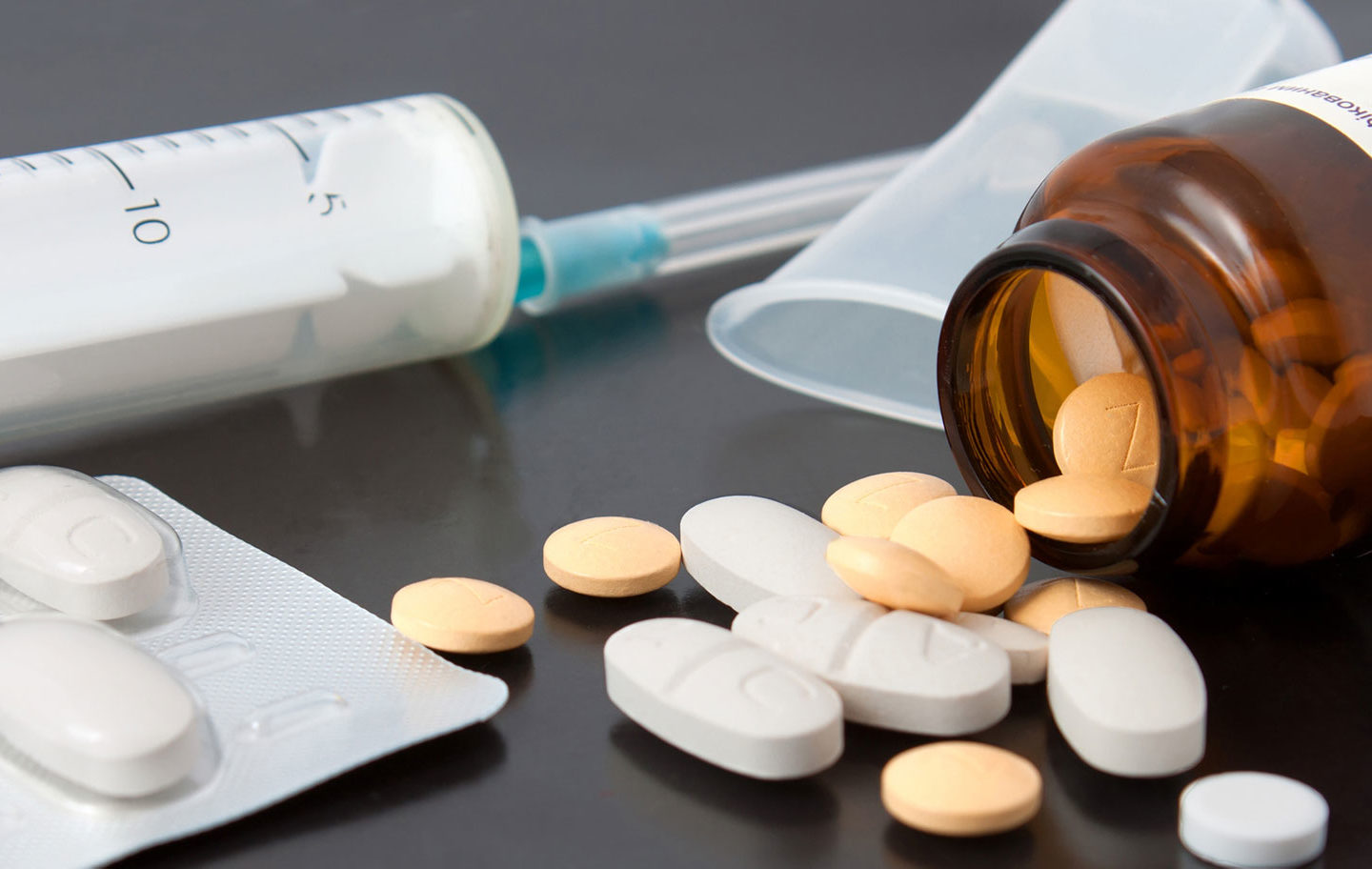In everyday life, everyone comes into contact with a multitude of pathogens. It is the task of your body's own [...]

Intestinal flora after taking antibiotics
Antibiotics are medicines that are often used to treat bacterial infectious diseases because they have the effect of inhibiting and killing microorganisms in the human body. In recent years, however, scientific studies have increasingly investigated negative side effects. The studies show that antibiotics do not only kill pathogens (i.e. unwanted bacteria), but also kill desirable bacteria that are essential for people’s health and well-being. So our intestinal bacteria after the antibiotics are severely damaged.
A study conducted by the Marine Biological Laboratory in collaboration with Stanford University (Woods Hole Study, Palo Alto, California) showed that participants had between 3,300 and 5,700 different species of bacteria in their intestines before taking antibiotics, which decreased by a third after taking antibiotics. All remaining species of bacteria changed their relative proportions to such an extent that it amounted to dysbacteriosis. The balance of the intestinal flora was not restored at four weeks, or even at six months, after the antibiotics were taken because some bacterial strains did not recolonize the intestine at all. The study thereby demonstrated just how negative and long-term the effects of antibiotics on the human intestinal flora are.
- 6 months
after antibiotics have been taken, the intestinal flora is still out of balance. - 33% Bakterienarten
des eigenen Körpers gehen oftmals durch die Einnahme von Antibiotika verloren.
A study conducted by the Marine Biological Laboratory in collaboration with Stanford University (Woods Hole Study, Palo Alto, California) showed that participants had between 3,300 and 5,700 different species of bacteria in their intestines before taking antibiotics, which decreased by a third after taking antibiotics. All remaining species of bacteria changed their relative proportions to such an extent that it amounted to dysbacteriosis. The balance of the intestinal flora was not restored at four weeks, or even at six months, after the antibiotics were taken because some bacterial strains did not recolonize the intestine at all. The study thereby demonstrated just how negative and long-term the effects of antibiotics on the human intestinal flora are.
The vicious circle of infections
An imbalance in the intestine can lead to intestinal problems, autoimmune reactions, weakening of the immune system, food intolerances, overweight, obesity and even psychological disorders.
Above all, taking antibiotics can start a vicious circle that is based on a weakening of the immune system and favors infections and fungal infections that often start a few weeks after antibiotics were taken and need to be treated again with medication.
Everybody should therefore carefully consider whether there is an alternative to taking antibiotics. Talk to your physician about it. Your physician will inform you about possible alternatives. If taking antibiotics is unavoidable, then it makes sense to consider how the balance of the intestinal flora can be restored after medication.
Antibiotics endanger our well-being: Gut bacteria after antibiotics
The intestine is your second brain. No organ is as important for your natural well-being as your intestine. It is the largest organ in your body.
It regulates approximately 80% of all immune reactions and has a great impact on brain processes via the intestine-brain axis. That’s why you feel unwell if your intestinal flora is out of balance. The intestinal bacteria regulate our digestion, the defense against pathogens and the strength of the immune system. We live in a symbiotic relationship with trillions of microorganisms.
Discover if your intestinal flora is out of balance
Before you can restore your balance and possibly even decide on having your bowels cleansed, you should first find out what condition your intestinal flora is in. Then after all, intestinal treatment with antibiotics may have very different effects on the composition of the strains of bacteria in the intestine. You can easily find out which intestinal bacteria you should boost with the INTEST.pro intestinal flora self-test.
With the INTEST.pro test, you will be given everything you need to take samples at home easily: a sterile cotton swab for taking a tiny stool sample from used toilet paper, a sample tube containing a solution that preserves the DNA of your intestinal bacteria and a stamped and addressed envelope for sending your sample back to the BIOMES laboratory.
Between two and four weeks later, your analysis results will give you information on many different aspects of your intestinal health. You will also receive recommendations on nutrition and an individual nutrition plan.
This is what you will find out:
- Has the antibiotic lessened the diversity of your intestinal bacteria?
- How intact is your intestinal mucosa?
- How are the inflammation and constipation factors?
- How well do you digest specific food constituents?
- How well do your bacteria support your immune system and your synthesis of vitamins?
- Do you lack the bacteria that you need to digest lactose and fructose?
- Do you absorb more calories from your food than you need because of your bacteria?


